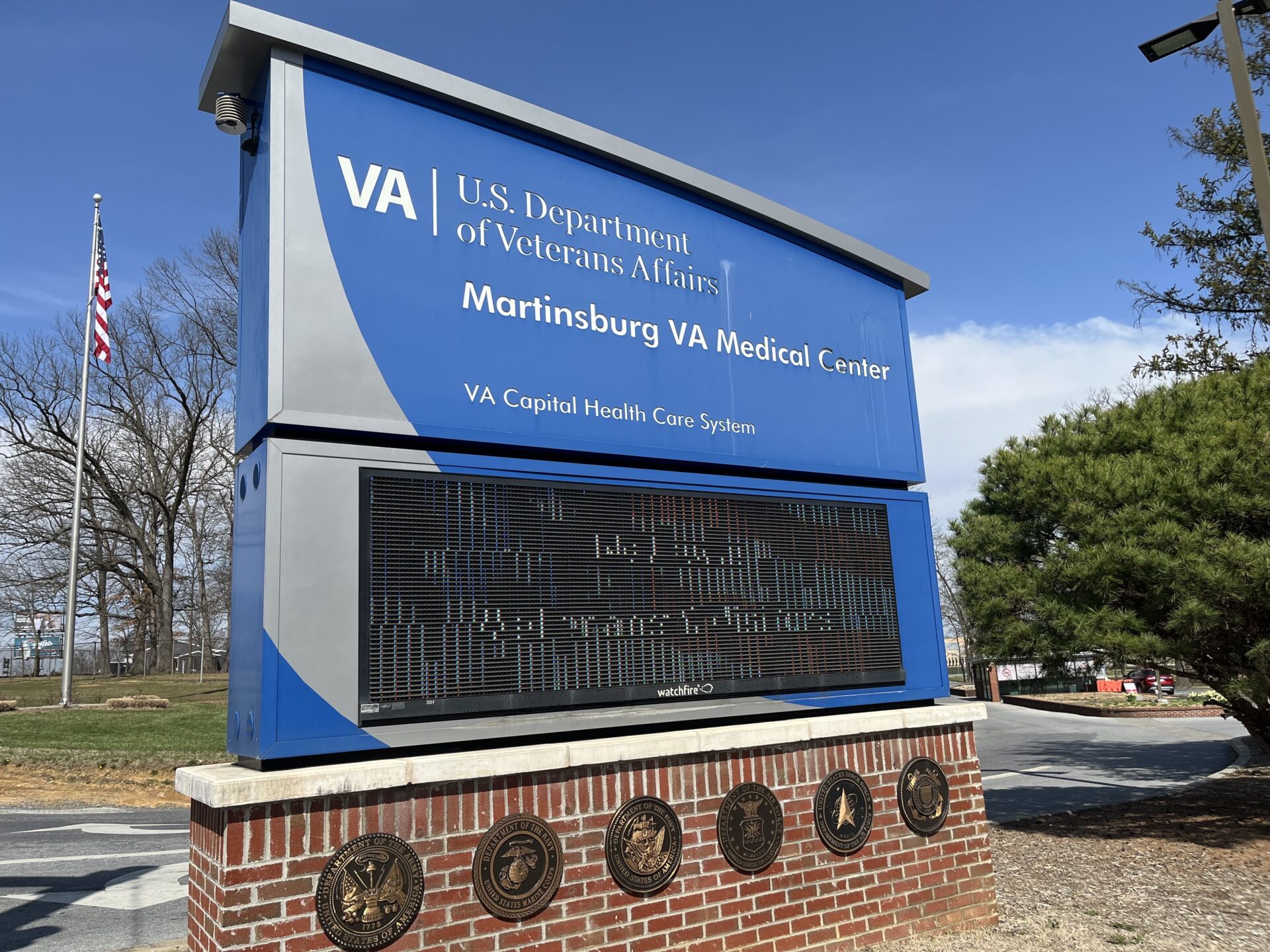The Martinsburg VA Medical Center (VAMC) serves veterans across county and even state lines.
With such an expansive patient base, the medical center’s health care providers not only have to consider veteran needs, but also disparities in rural health care access — and the ways these experiences overlap.
That is where the VAMC’s local chapter of the national VA Rural Interprofessional Faculty Development Initiative (RIFDI) comes in. The voluntary program trains medical professionals to better serve rural communities, and the veterans who call them home.
Over a two-year period, the program provides physicians lectures, group discussions and project-based learning on rural health care.
So far, three cohorts have completed the program, and RIFDI is still admitting new cohorts of health care providers.
VAMC Deputy Chief of Staff Michael Zapor began the Martinsburg RIFDI program, and said that it helps fill gaps where disparities in veteran and rural health care access overlap.
Veterans living in the rural United States often have less access to stores, transit options and the internet, which limits the health care resources at their disposal, he said.
“When you’re talking about … ‘We’re going to leverage telehealth.’ Even that is not a silver bullet for everybody, because we’ve got some veterans who don’t have computers,” he said.
This requires health care providers to consider the needs of rural veterans across the region and develop strategies to better provide them with health services.
In response, RIFDI considers “innovative ways” to serve the local veteran community, Zapor said. This includes educating veterans on proper nutrition, and offering a mix of in-person and telephone-based services so veterans can choose the resources best suited to their lifestyles.
In developing these strategies, physicians also learn about the health care experiences of the patients they serve.
“We leverage all kinds of ways to be able to project that care out to the more rural remote veterans who may have more difficulty accessing it,” he said.
For more information about RIFDI, visit www.ruralhealth.va.gov.
**Editor’s note: A previous version of this story incorrectly stated that Michael Zapor founded the VA Rural Interprofessional Faculty Development Initiative (RIFDI). Instead, he launched Martinsburg’s local RIFDI program. The story has been updated with the correction.
